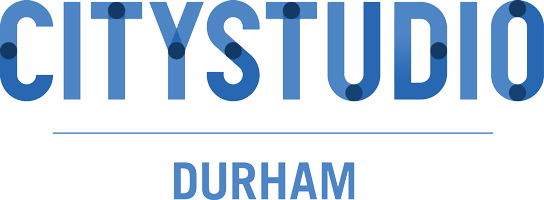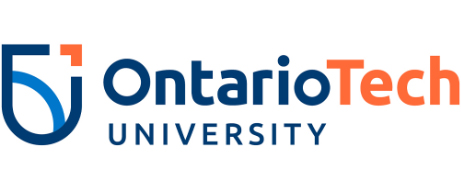
Winter 2023/2024
Through CityStudio Durham and the Regional Municipality of Durham’s Children’s Services Division, students from Ontario Tech University have wrapped up another successful partnership to help improve the developmental outcomes of children in Durham Region. Dr. Brenda Jacobs’ “Holistic Learning in Early Childhood Education” class used the Durham Region Early Development Instrument (EDI) dashboard to learn about areas of vulnerability and created digital products and tools that can build the capacity of our early learning and child care (ELCC) community (e.g., families and Educators).
The EDI is a questionnaire developed by the Offord Centre for Child Studies at McMaster University that is used to determine how ready senior kindergarten students are for school. The EDI measures development in five key areas: physical health and wellbeing; social competence; emotional maturity; language and cognitive development; and communication and general knowledge.
As part of the project, students created resources that could be shared with the ELCC community. These resources have the capacity to make a difference in the developmental outcomes and school readiness of children in the community, especially those most at-risk and vulnerable. The 78 students in the course were placed in 16 groups and focused on one of the five EDI developmental areas.
One of the Physical Health and Wellbeing groups created a subscription box called “Potty Time” as a resource for parents and caregivers. The group referenced EDI data as a rationale for their creation, observing that “a lot of children are not ready for kindergarten, they’re not physically ready, they’re not potty trained.” The ‘Potty Time’ kit comes with a potty, soap, a book explaining potty training to kids, rewards, potty tracking schedule and stickers, as well as a certificate to present upon completion.
Another student group focused on helping parents and caregivers develop emotional maturity in their children. To address the increases in vulnerability in this domain, the group created an ‘Emotions Activity Calendar’ with the vision to “[provide] a product that helps children become aware and comfortable with their emotions before entering kindergarten.” Activities included read aloud stories that teach social emotional skills, mindfulness activities, interactive games, and many more.
Students were confident that their creations would make a difference in the community, with 94 per cent of students who responded to a feedback survey believing that their final product will help children and their parents/families in Durham Region. One student stated, "I really enjoyed the real-world application of the project we were working on. I am passionate about creating awareness around social-emotional education and the importance of early intervention, and this was an amazing opportunity to try and create something that could really help parents and children in need."
This project will help our ELCC community and has already benefitted students by providing experiential learning opportunities— as 83 per cent of students surveyed enjoyed working with real world data. Another one of students said, “It was valuable to be able to work with real-world scenarios and statistics. This will certainly have an effect on how I work in the education system in the future.” Moreover, 87 per cent of students agreed that this learning experience was valuable, and 78 per cent agreed that it will help them in future academic and work endeavors.
As a next step, the Children’s Services Division will develop and disseminate these products for use in Durham’s ELCC community. These will be part of a proactive strategy in our planning process to develop children’s school readiness, especially as we learn where vulnerabilities exist with the next cycle of EDI data.





